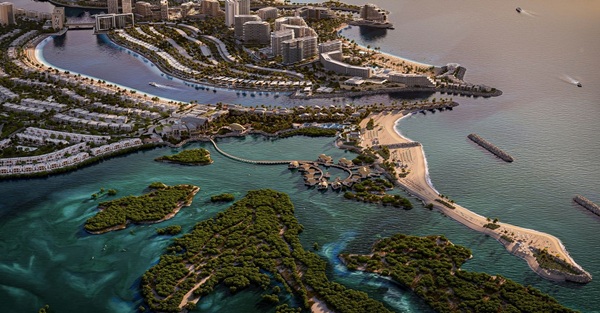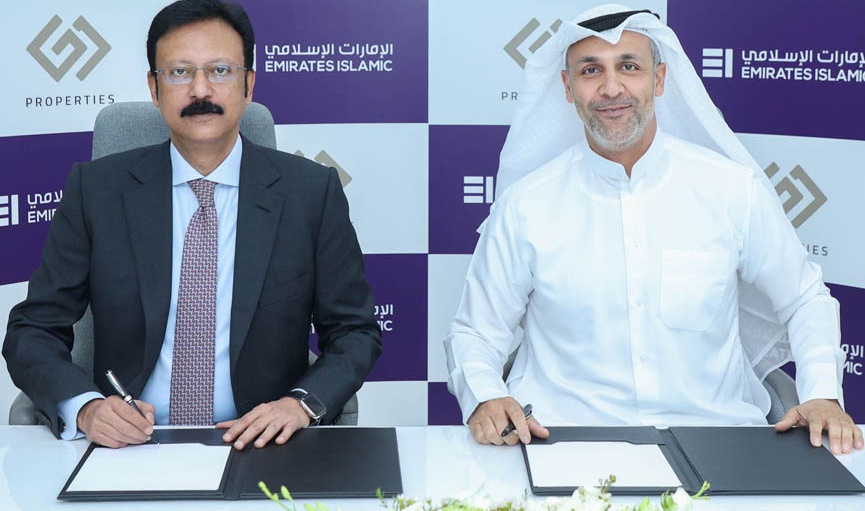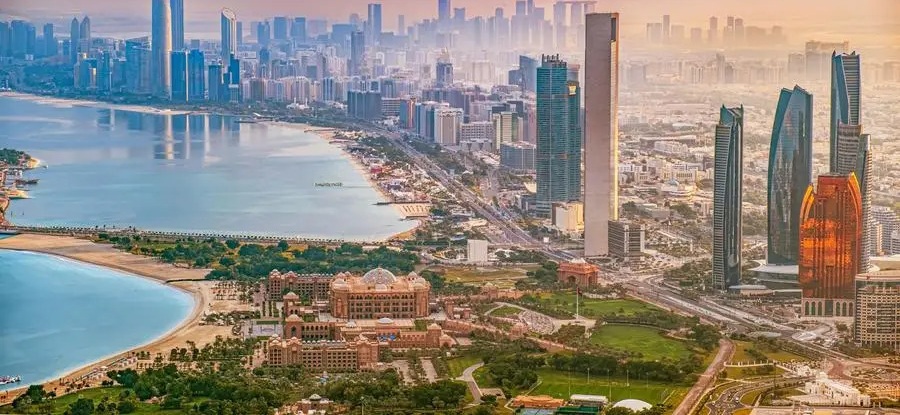Tokenising Real Estate in Dubai: Fractional Ownership & Virtual Assets Explained
Saturday, 20 September 2025
Dubai is once again at the forefront of innovation—this time by bringing blockchain and tokenisation into the heart of its property sector. In March 2025, the Dubai Land Department (DLD) launched the pilot phase of its Real Estate Tokenisation Project, a landmark initiative under the Real Estate Innovation Initiative (REES). This makes Dubai the first real estate registration entity in the Middle East to implement tokenisation on property title deeds—a bold move that underscores the city’s ambition to become a world leader in PropTech and virtual assets.
Table of Contents
- What Is Real Estate Tokenisation?
- Why Dubai Is Leading the Charge
- Key Benefits of the Tokenisation Project
- A Bold Vision for 2033
- What This Means for Investors
- The Road Ahead
- Frequently asked questions
What Is Real Estate Tokenisation?
Real estate tokenisation converts physical property assets into digital tokens recorded on blockchain technology. Each token represents a share of the property, allowing multiple investors to co-own a single asset without the need to purchase it outright. This innovation simplifies and enhances property investment, buying, and selling—making the real estate market more accessible and transparent.
Unlike traditional crowdfunding, tokenisation offers a more structured and secure approach. Investors can buy fractional shares based on their budget and financial strategy, while benefiting from blockchain’s built-in transparency and governance.
Why Dubai Is Leading the Charge
His Excellency Eng. Marwan Ahmed Bin Ghalita, Director General of DLD, emphasised that tokenisation is a “revolutionary tool” that aligns perfectly with the department’s vision of achieving global leadership in real estate investment and innovation. By collaborating with key partners—including the Dubai Virtual Assets Regulatory Authority (VARA), Dubai Future Foundation (DFF), and SandBox Real Estate—DLD is creating a cutting-edge digital ecosystem for property transactions.
Key Benefits of the Tokenisation Project
- Fractional Ownership: Enables more people to invest in high-value properties by purchasing shares instead of entire assets.
- Enhanced Transparency & Governance: Blockchain technology ensures clear, secure, and tamper-proof records of ownership.
- Attracting Global Investors: Opens Dubai’s property market to a broader pool of local and international investors.
- New Opportunities for PropTech Firms: Encourages technology companies to establish innovative virtual asset solutions in Dubai.
- Strengthening Dubai’s Competitiveness: Positions the emirate as a leading global hub for virtual assets and digital property investment.
A Bold Vision for 2033
According to DLD, the real estate tokenisation sector could reach AED 60 billion by 2033, representing 7% of Dubai’s total property transactions. This milestone aligns with the Dubai Real Estate Sector Strategy 2033 and the Dubai Economic Agenda D33, which focus on digital transformation, sustainability, and knowledge-driven growth.
What This Means for Investors
For buyers, sellers, and global investors, tokenisation marks the beginning of a new era. It makes investing in Dubai’s booming property market easier, more affordable, and more secure. It also creates a vibrant ecosystem where both traditional and virtual asset markets can coexist—driving innovation and unlocking new revenue streams for stakeholders.
The Road Ahead
Following the pilot phase in 2025, DLD will assess outcomes and refine the project for full-scale implementation. By fostering collaboration between public and private sectors, Dubai is paving the way for a smarter, more inclusive, and more innovative property market—one that embodies the emirate’s vision of becoming a premier global hub for virtual assets and digital real estate solutions.
In short: Dubai’s Real Estate Tokenisation Project is not just a pilot—it’s a glimpse into the future of property investment. With fractional ownership and blockchain-backed security, it’s reshaping how people invest in real estate and cementing Dubai’s status as a leader in digital innovation.
Frequently Asked Questions (FAQs)
What is real estate tokenisation and how does it work in Dubai?
Real estate tokenisation converts property assets into digital tokens recorded on blockchain technology. In Dubai, this enables investors to buy fractional shares of a property rather than purchasing it outright, making real estate investment more accessible.
How is the Dubai Land Department involved in the tokenisation project?
The Dubai Land Department (DLD) launched the pilot phase of the Real Estate Tokenisation Project under its Real Estate Innovation Initiative (REES). DLD is the first real estate registration entity in the Middle East to implement tokenisation on property title deeds.
What are the benefits of fractional ownership through tokenisation?
Fractional ownership allows multiple investors to co-own a property, diversifying investment portfolios, lowering entry costs, and opening up access to high-value real estate assets that may otherwise be out of reach.
How does tokenisation differ from real estate crowdfunding?
While crowdfunding also lets investors pool resources to access property deals, tokenisation uses blockchain technology to create structured, regulated digital tokens representing ownership shares, offering more transparency and security.
What impact will this project have on Dubai’s property market by 2033?
DLD projects that tokenised real estate transactions will reach AED 60 billion by 2033—about 7% of Dubai’s total real estate transactions—strengthening Dubai’s position as a global hub for virtual assets and innovative property investment.





